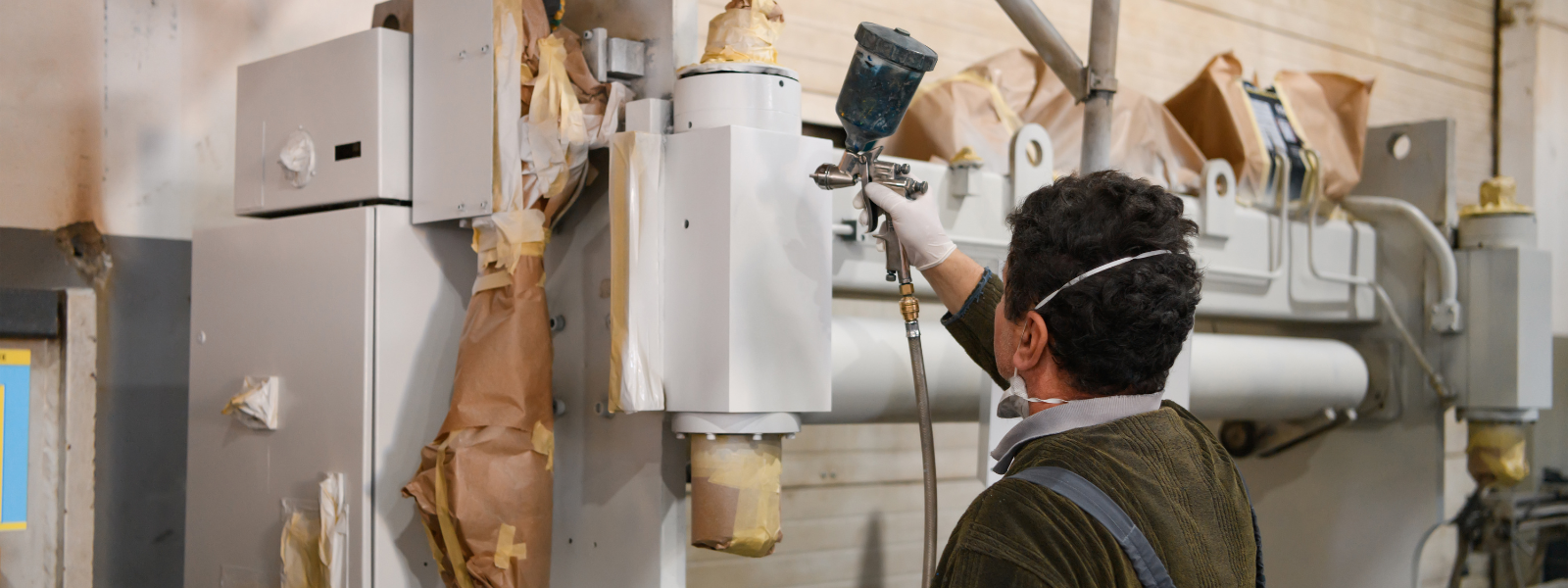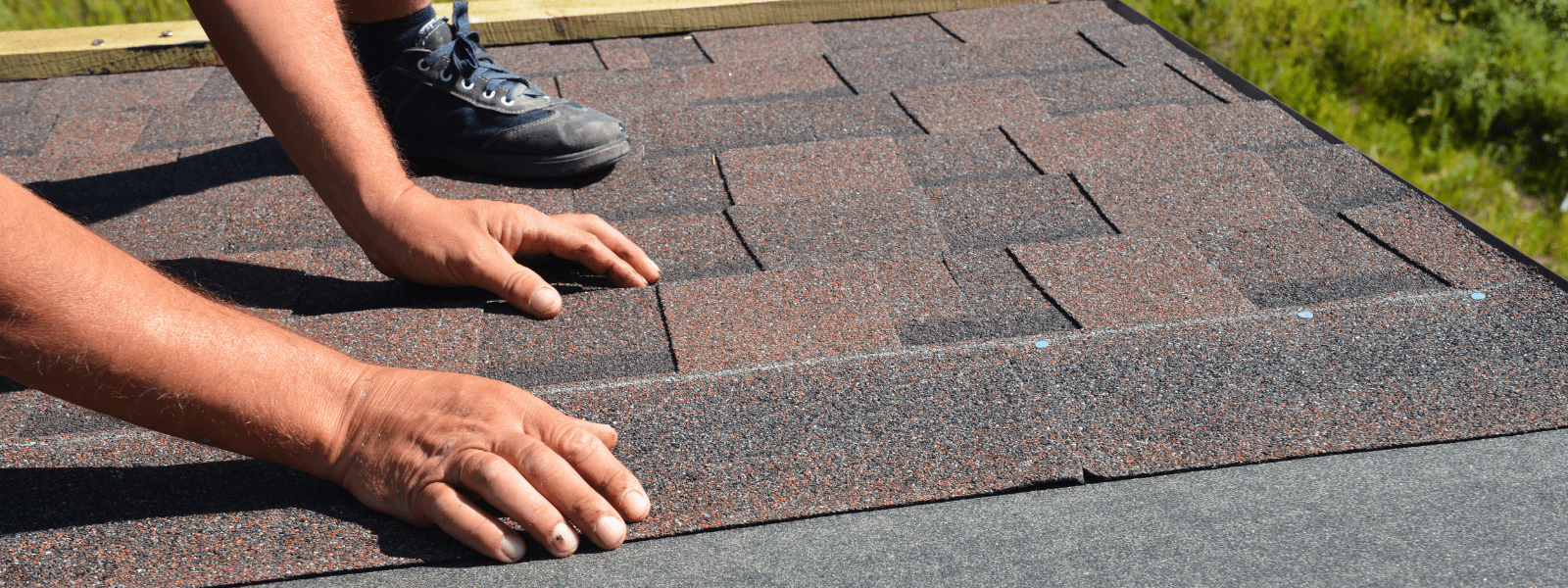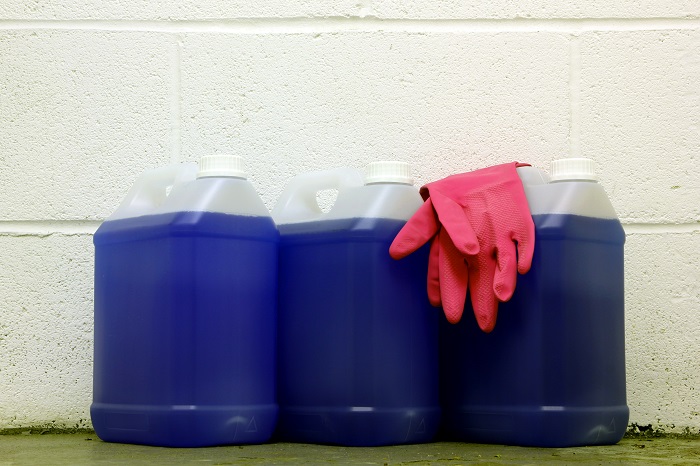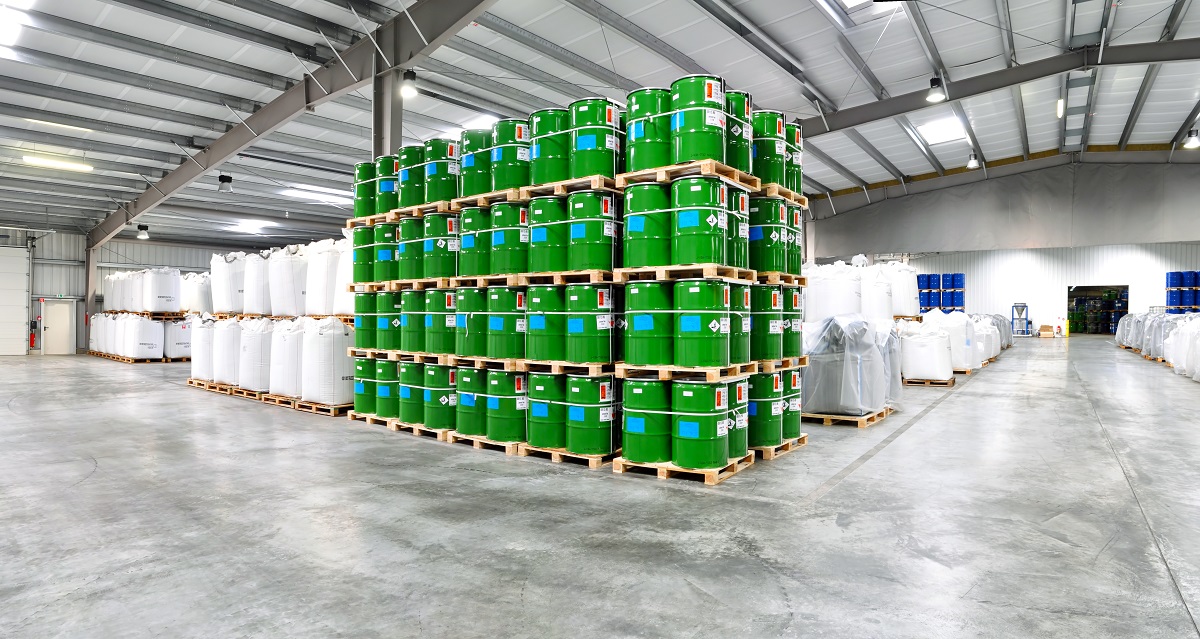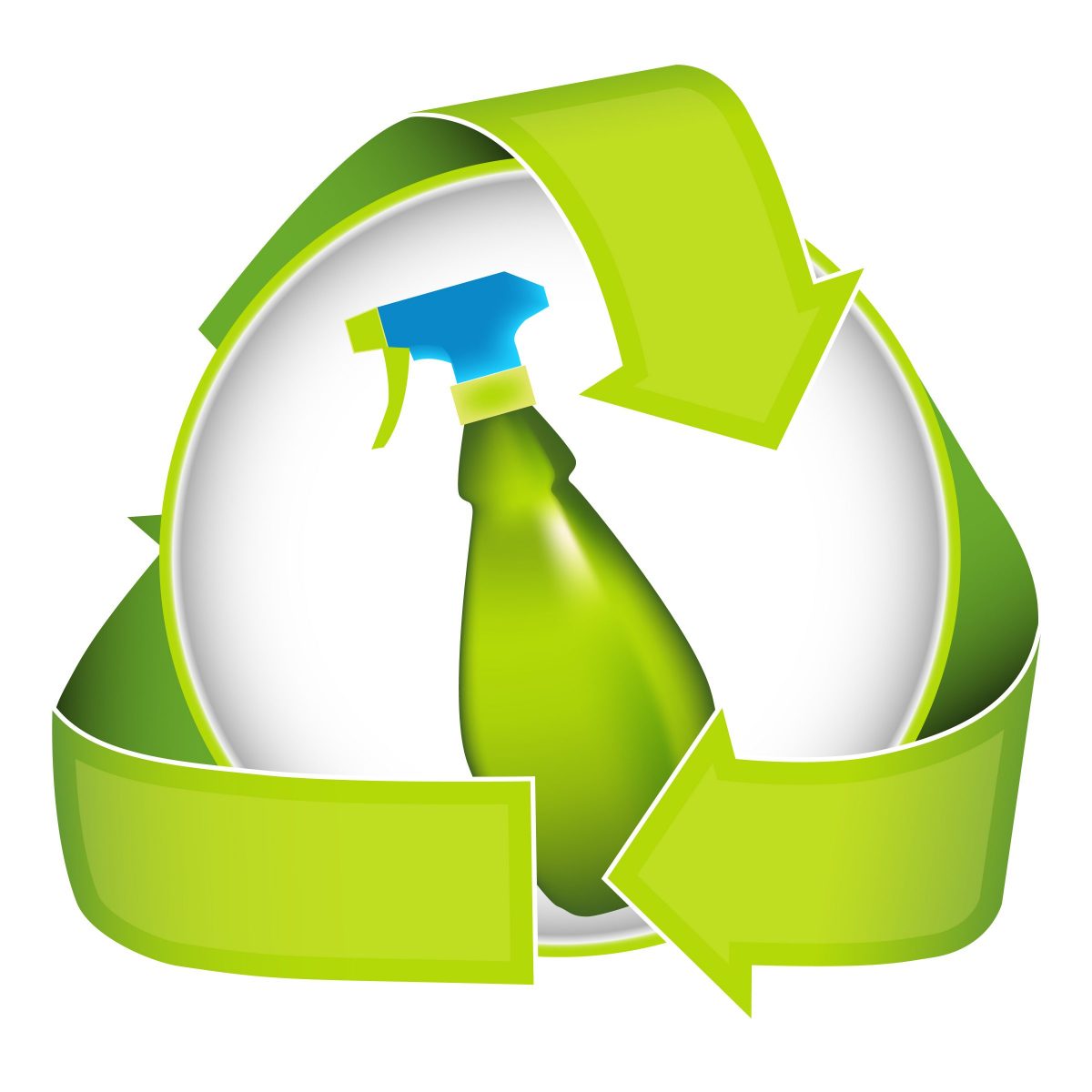In industrial equipment and machinery, surface coatings ensure longevity and overall efficiency. A well-applied surface coating protects equipment...
Blog


CHEMICAL INDUSTRY NEWS
Chemical Chat – Discover What’s New!
Megan’s Internship Experience
As my time with Ecolink comes to an end, it has been eye-opening to reflect on my summer with this internship. Being an environmental science major...
Sarah’s Internship Experience
Filling out applications and interviewing for internships can sometimes be incredibly nerve-racking. You might wonder if you have what it takes to...
What Are Architectural Asphalt Shingles?
The roof is the most crucial element of any structure aside from the foundation. That’s why it’s important to choose...
Megan’s Internship Experience
As my time with Ecolink comes to an end, it has been eye-opening to reflect on my summer with this internship. Being...
Company News
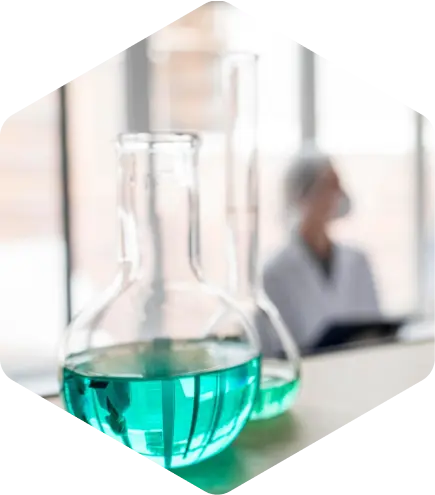
Managed Services
Discover the Latest in Safe and Sustainable Chemical Solutions
Stay informed with Ecolink’s blog! Subscribe now
Chemical Management Information
Stay updated with us
Sign Up for the Latest Updates
Stay informed about chemical supply chain disruptions and emerging innovations to keep your business at the forefront of efficiency and innovation. Uncover new ways to make your business practices more sustainable by incorporating safer products into your cleaning lineup.



